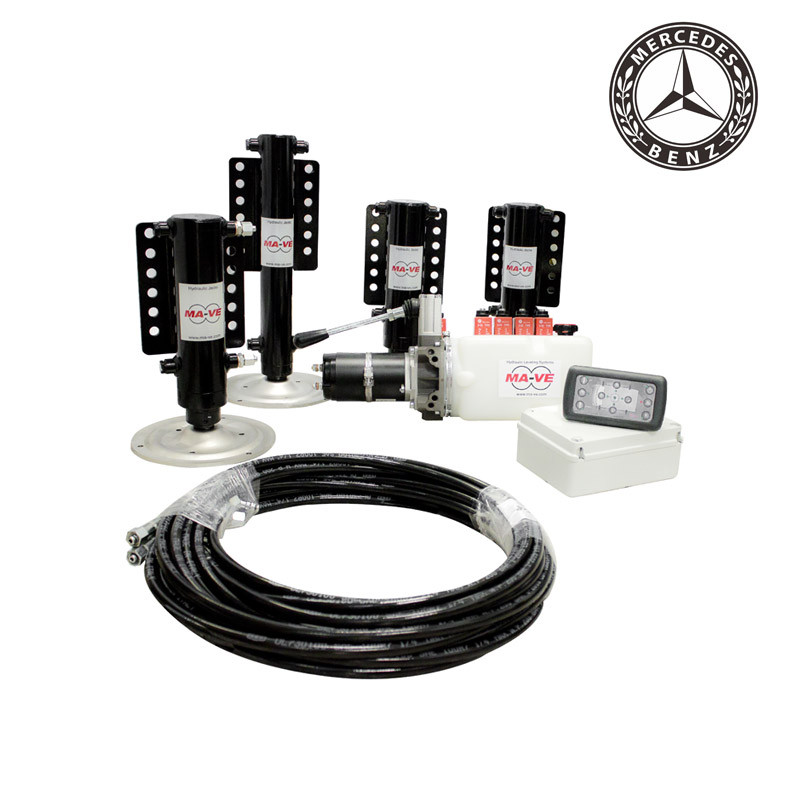Unveiling the Wonders of Hydraulic Level Systems: A Comprehensive Guide

Unveiling the Wonders of Hydraulic Level Systems:
A Comprehensive Guide

Introduction:
Hydraulic level systems play a pivotal role in various industries, providing efficient and reliable solutions for maintaining precise fluid levels. Whether in manufacturing, automotive, or aerospace, these systems contribute to seamless operations and improved overall performance. In this blog post, we'll delve into the fundamentals of hydraulic level systems, their applications, advantages, and how they revolutionize fluid level control.
Understanding Hydraulic Level Systems:
Basic Components: Hydraulic level systems consist of essential components such as sensors, actuators, pumps, and control units. These elements work in harmony to monitor and regulate fluid levels within a designated system.
Working Principle: The core principle involves using hydraulic pressure to control the movement of fluids. Sensors detect the current fluid level, sending signals to the control unit, which, in turn, adjusts the hydraulic actuators to maintain the desired level.
Applications of Hydraulic Level Systems:
Industrial Automation: Hydraulic level systems are widely employed in industrial settings to manage fluid levels in tanks, ensuring a continuous and precise supply of liquids for various processes.
Automotive Industry: In vehicles, hydraulic level systems contribute to smooth and efficient operation by controlling the levels of brake fluid, power steering fluid, and other essential fluids.
Aerospace Engineering: Aerospace applications benefit from hydraulic level systems for maintaining fuel levels, hydraulic fluid levels, and other critical fluids necessary for the proper functioning of aircraft.
Advantages of Hydraulic Level Systems:
Accuracy and Precision: Hydraulic level systems offer unparalleled accuracy in fluid level control, ensuring precise measurements and adjustments for optimal performance.
Reliability: These systems are known for their reliability and robustness, making them suitable for demanding industrial and automotive environments.
Versatility: Hydraulic level systems can be adapted for various fluids, making them versatile solutions for different industries with diverse fluid management needs.
Reduced Maintenance: With fewer moving parts and a design focused on durability, hydraulic level systems generally require less maintenance, contributing to cost savings for businesses.
Conclusion:
In conclusion, hydraulic level systems play a crucial role in modern industries, offering a reliable and efficient method for fluid level control. Their versatility, precision, and reliability make them indispensable across various applications. As technology continues to advance, we can expect further innovations in hydraulic level systems, contributing to enhanced performance and efficiency in a multitude of industries. Stay tuned for more updates on the exciting developments in fluid control technology.